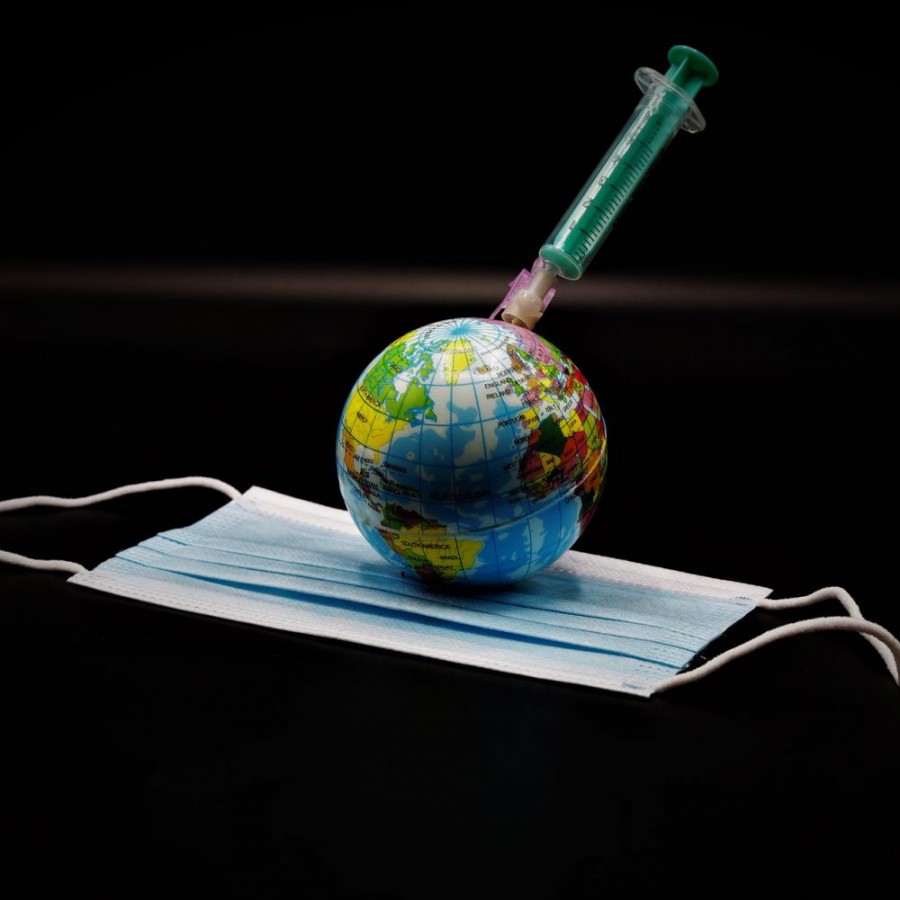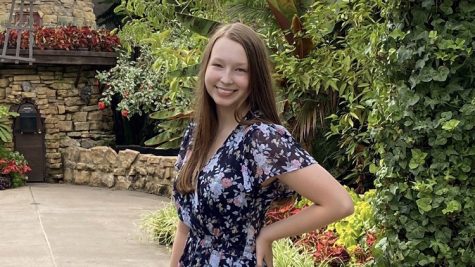As COVID-19 ravages the world, pharmaceutical companies are racing to create and distribute an effective vaccine to stop the spread.
So far progress has been made in the process of certifying the vaccines from the companies Moderna, Pfizer and BioNTech and AstraZeneca Oxford.
According to the CDC, there are six stages for vaccine testing and approval in the United States. The stages include: the exploratory stage, pre-clinical stage, clinical development (which involves three phases), regulatory review and approval, manufacturing and quality control.
The first company to do so, Moderna announced to the world on Oct. 22, 2020 that they have concluded phase three in clinical development step. Not too far behind, Pfizer and BioNTech announced on Nov. 18, 2020 that they have completed phase three in clinical development for their vaccine.
Moderna, Pfizer and BioNTech are not the only companies involved in this race to find a vaccine, as there is another company currently in stage three of the developmental process. After a delay in the process, on Oct. 23, 2020, Astrazeneca Oxford announced that they have resumed their clinical trials for stage three.
These companies are fueled not only by the competition, but also by Operation Warp Speed. Operation Warp Speed (OWS) accelerates the process of certifying these vaccines by funding different companies in hopes of reaching their goal of producing 300 million FDA approved COVID-19 vaccines by the end of the year.
Moderna received $1.5 billion from OWS and The Biomedical Advanced Research and Development Authority (BARDA) to manufacture and distribute their vaccine to government approved locations. Astrazeneca Oxford is also receiving financial support from the government. BARDA can provide up to $1.2 billion in support to help produce their vaccine.
However, because Pfizer is collaborating with Biotech (a German company), they will not receive much aid from the United States. The United States will receive the first 100 million doses from them and will pay for them, but in the developmental process Pfizer and Biotech have gone without much US financial support.
With Scott County having the fifth highest number of cases out of the counties in Iowa and school districts in the area moving to remote learning, many in the area believe the need for a vaccine has become even more essential.
Even with the impact that COVID-19 has caused worldwide, some people feel the push to obtain that vaccine is not safe, as vaccines typically take years to develop. Some people view it as cutting a corner because the companies receiving funding from OWS will be beginning the manufacturing stage while the clinical trial stage is still underway, when typically those steps are seperate.
No different from the rest of the world, PV students remain divided over the vaccine debacle. Some would rather avoid receiving the vaccine, while others would get it without a doubt.
Senior at PV, Beth Mooy, is among many feeling unsafe with the rush to get the vaccine. “The COVID vaccine has only been around for less than a year – if that. So there’s no way of knowing what the side effects would be,” she explained.
Another senior, Courtney Mohr, possesses a different viewpoint. “I would get it because I think that it would really help our country start to slowly get back to normal and protect our citizens,” she said. “Going back to normal is something that we all want. The vaccine should not be political, it is for public safety.”
Whether or not PV students decide to get the vaccine, pharmaceutical companies around the world will continue to race to get their vaccines developed and help place an end to the COVID-19 pandemic.















